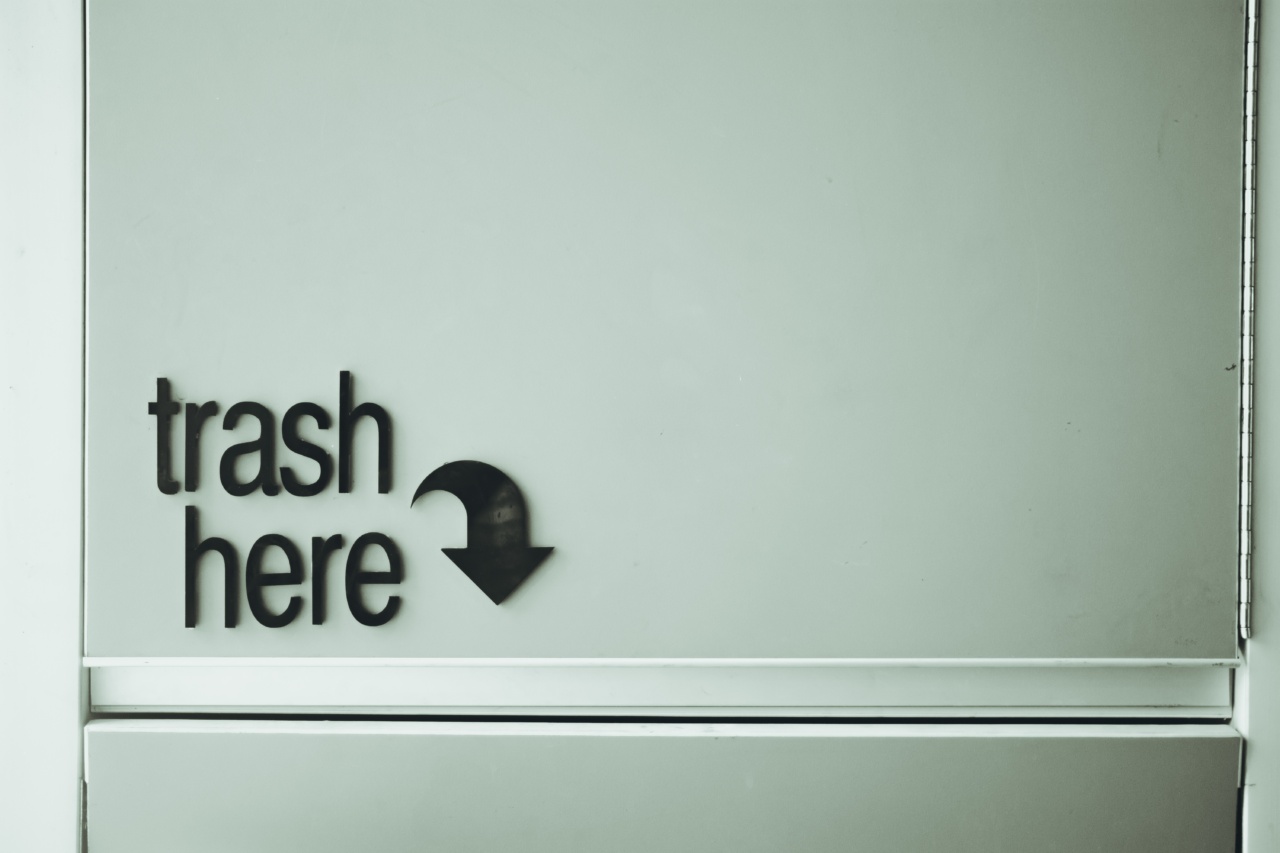Salt is an essential part of our diet, but too much of it can cause health problems. Overconsumption of salt is a common problem, and it can lead to high blood pressure, heart disease, stroke, and other health issues.
It is important to know the signs of overconsumption of salt so you can take steps to avoid it. In this article, we’ll discuss some of the signs to look for and what you can do to reduce your salt intake.
What is Salt?
Salt is a mineral that is composed mostly of sodium chloride. It is commonly used to flavor and preserve food. The human body needs a small amount of sodium to function properly, but most people consume far too much salt in their diet.
The American Heart Association recommends that adults consume no more than 2,300 milligrams of sodium per day, and ideally less than 1,500 milligrams per day.
The Signs of Overconsumption of Salt
Here are some of the signs of overconsumption of salt:.
High Blood Pressure
One of the most common signs of overconsumption of salt is high blood pressure. When you consume too much salt, it can cause your blood pressure to rise. High blood pressure can lead to heart disease, stroke, and other health problems.
Swelling
If you notice swelling in your ankles, feet, or hands, it may be a sign of overconsumption of salt. When you consume too much salt, it can cause your body to retain water, which can lead to swelling.
Headaches
Consuming too much salt can cause headaches. This is because salt can cause your blood vessels to constrict, which can lead to headaches.
Frequent Urination
When you consume too much salt, it can cause your body to produce more urine. This can lead to frequent trips to the bathroom.
Fatigue
If you feel tired all the time, it may be a sign of overconsumption of salt. Consuming too much salt can cause your body to work harder to regulate electrolyte balance, which can lead to fatigue.
Dizziness
Consuming too much salt can cause your blood pressure to drop suddenly. This can lead to dizziness and lightheadedness.
Nausea
Consuming too much salt can cause nausea and vomiting. This is because salt can irritate the lining of the stomach.
What You Can Do to Reduce Your Salt Intake
If you are experiencing any of the above signs of overconsumption of salt, it is important to take steps to reduce your salt intake. Here are some tips:.
Read Food Labels
One of the best ways to reduce your salt intake is to read food labels. Look for foods that are low in sodium and aim to consume less than 2,300 milligrams of sodium per day.
Avoid Processed Foods
Processed foods are often high in sodium. Try to cook meals at home using fresh ingredients.
Use Herbs and Spices
Instead of salt, try using herbs and spices to flavor your food.
Take Baby Steps
If you are used to consuming a lot of salt, it can be difficult to reduce your intake all at once. Start by reducing your salt intake gradually.
Conclusion
Overconsumption of salt is a common problem that can lead to a variety of health issues. If you are experiencing any of the signs of overconsumption of salt, it is important to take steps to reduce your intake.
Read food labels, avoid processed foods, use herbs and spices, and take baby steps. By making these changes, you can improve your health and reduce your risk of developing health problems related to overconsumption of salt.





























